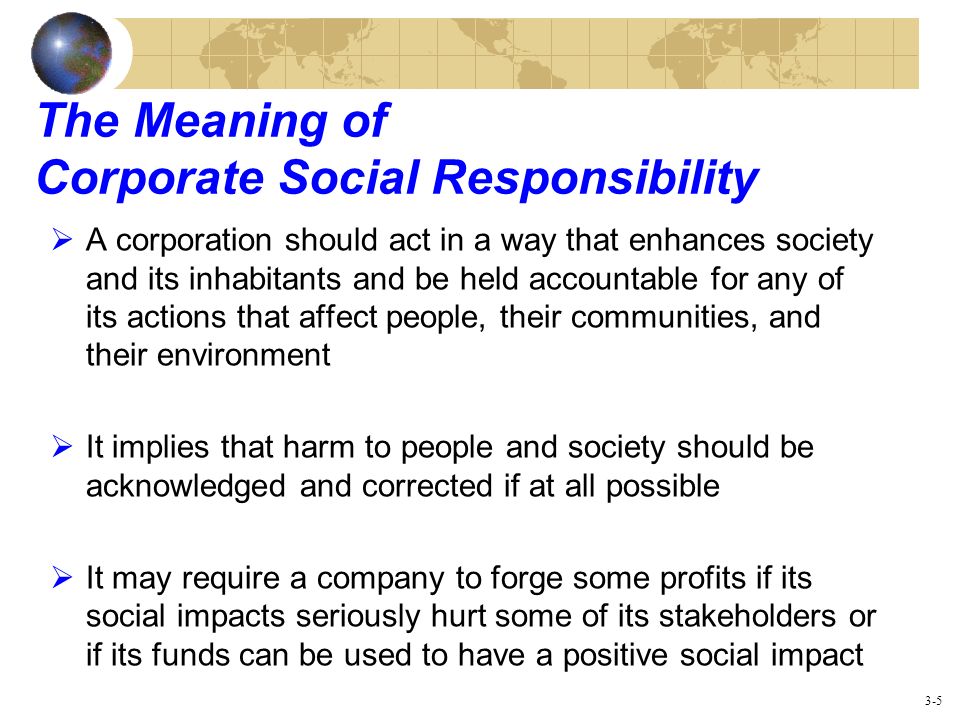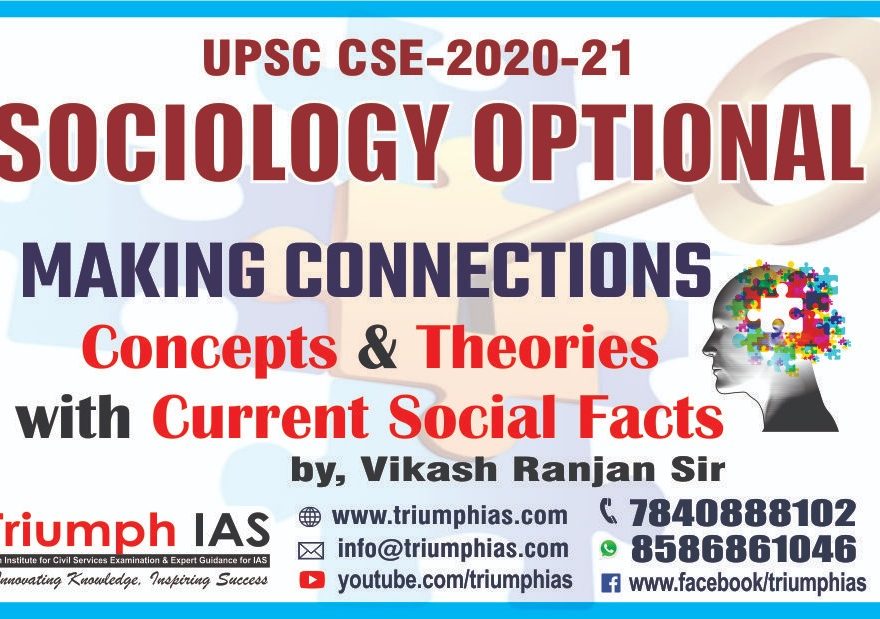COVID-19 & Corporate & Social Responsibility
Relevance: Sociology: Politics and Society: Political parties, pressure groups , social and political elite; G.S paper I: Society and Social Issues: G.S paper II: of the Government; pressure groups and formal/informal associations and their role in the Polity. & G.S paper IV: Ethics

CONTEXT
The finance minister announced that CSR funds can be spent on activities related to addressing Covid-19 impact. Even before this announcement was made on March 23, we saw some examples of benevolent individual corporate leaders offering resources to combat Covid-19.
While these individual efforts are laudable, we need to nevertheless give serious thought as to how we can collectively add value to the overall societal effort to combat the virus impact. We need to now apply all the strategic thinking we teach in our business schools. We need to collectively identify our priorities first and then see where the resources are to be deployed. The government will do what it normally does in its own way. The corporate sector can bring its unique way of doing things albeit in a strategic way. The corporate sector is good at innovation. This is their forte and must be exercised at this moment. Here are some of the key priorities that need urgent addressing and more importantly funds.
Corporate Social Responsibility

Business and social-behavior go side by side. A businessman cannot ignore the fact that he resides in a society which ultimately, supports him in surviving, more than the money he is earning from the job. This is a statement which has brought a change in the views of people. People earlier belief that the business is different from the social responsibility. A statement which still can be heard with much logical justification behind is, “A person should keep his personal and private life separated”. The rational thinking associated with this statement emphasizes on the reduction, on an individual, the load of tension and load of responsibility, moreover the clashes of matters in the brain.
SOCIOLOGICAL PERSPECTIVE
Crucial to this civic educational project was, according to Weber, exposing citizens to the harsh reality of “eternal struggle,” or power-politics (Machtpolitik) among the nation-states with which Germany had to engage actively.
Weber observed with more than a hint of envy, for example, that it was “the reverberation of a position of world power” that exposed the English citizens “to ‘chronic’ political schooling,” and it was this political education that made possible both the empire-building and liberal democracy .
In this sense, Weber’s nationalism can be surmised as a variant of liberal imperialism, or social imperialism (Sozialimperialismus) as it was called in Germany; to that extent, one might say that his political thinking is not free from the problems of liberalism in turn-of-the-century Europe.
Be that as it may, Weber’s liberal nationalism was still significantly different from his contemporaries’ in its preoccupation with a liberal characterology and civic education.
The next question that Weber’s ethico-political project raises is, then, what kind of character virtues are necessary for the kind of leadership and citizenship that can together make a great nation, while holding inevitable bureaucratization in check.
The term explains and imposes a responsibility on the citizen to built up a business while having morals within. A businessman must adopt such techniques which aim to achieve sustainable development. Sustainable development is a type of development which is achieved by keeping in mind the needs of future generations. The resources are limited: they can get exhausted and may not be available in future. Keeping in mind such views, the use of resources in today’s business should be done.
CONCLUSION
Lastly, it is equally important for CSR to reach out to the most vulnerable sections of our society with an emergency basic income. Cash relief to those who are daily wage earners and must stay home due to lockdown can get the priority. This is to ensure that no one dies of hunger. Corporates can start this at least in their own catchment areas where they are working. The challenge here is to design a fool-proof and leak-proof method of transferring cash to people in need.
For more such notes, Articles, News & Views Join our Telegram Channel.
Click the link below to see the details about the UPSC –Civils courses offered by Triumph IAS. https://triumphias.com/pages-all-courses.php

